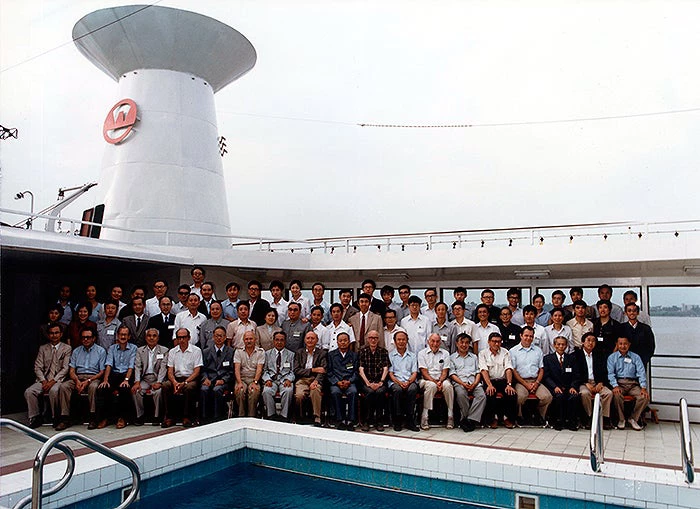
Photo: copyright © / World Bank
I am a policy wonk. I have spent my entire professional career (first in the Government of India and then in the World Bank) watching up close how policy choices are made, how political processes play out and on how institutions and people form coalitions for or against any change based on their incentives. I have also worked in China for close to 8 years, and like so many before me, have fallen in love with the beautiful country, its people and civilizational depth and continue to be amazed at the sheer pace, scale and energy of the massive changes the country has undergone, lifting more than 800 million of its citizens out of poverty.
I just finished reading a majestic book entitled “Unlikely Partners: Chinese Reformers, Western Economists and the Making of Global China” that, in a sense, brings the two parts of my professional work together.
A personal connection for me in the book is the towering presence throughout of Edwin Lim, a former World Bank Country Director of China and later India. I worked with Ed as a rookie Ministry of Finance official in India in the late 1990s. I remember him as a very strong personality with an unwavering commitment to India’s development and a top-notch intellect. Ed looms large in the Bank’s early relationship in China’s reform process, starting from the first Bank mission and report in 1983, through the organization of the Bashan conference to heading up the Bank’s Beijing office as the first decentralized Chief of Mission in Beijing (1985-90). (Side-note: Ed has a wonderful 2002 Bank exit interview that details his professional life and world view, that is well worth reading in full.)
The book set me thinking on whether the Bank could pull something off this scale and ambition today? Needless to say, we live in a world that is very different from the 1980s. To paraphrase Daniel Pink, in a world of Google, where our clients have access to pretty much the same information that we do, our comparative advantage lies in adapting global knowledge to the local context and telling a compelling story. And our work in China today, whether it is strengthening sub-national fiscal reform, supporting the Government of China’s efforts to curb air pollution or promoting sustainable urbanization, reflects this reality and ambition well. The four decades old relationship between China and the World Bank has built up a formidable body of knowledge and learning which we proudly share with the rest of the world in areas like social protection and early warning systems.


Join the Conversation